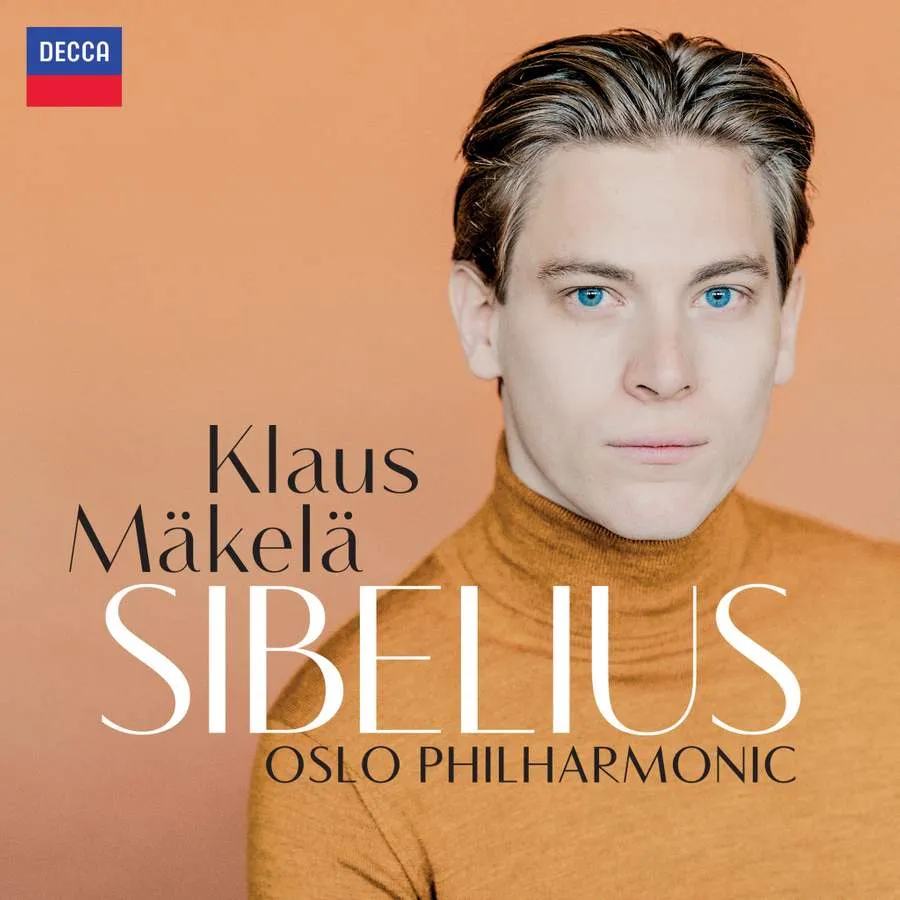
Sibelius Symphonies; Tapiola; 3 Late Fragments Oslo Philharmonic/Klaus Mäkelä Decca 485 2256 264:33 mins (4 discs)
Most Finnish greats have recorded cycles of Sibelius symphonies at least once: Berglund, Salonen, Saraste, Segerstam, Vänskä, Oramo, Kamu, Storgårds. Who’d have predicted that this latest, from Klaus Mäkelä at the helm of the Oslo Philharmonic, one of the two orchestras who adore their principal conductor, would be the most electrifying and often revelatory of them all? Having encountered this phenomenon, only just 26, and having caught an Oslo concert live, I thought it possible. But the results have exceeded all expectations.
In that often-paraphrased conversation about the nature of the symphony between Sibelius and Mahler, the Finn favoured compact logic in contrast to Mahler’s ‘the symphony must be like the world; it should contain everything’. This cycle as a whole reinforces Mahler’s dictum, simply because Mäkelä avoids a uniform approach to the seven masterpieces.
The first two have space and grandeur when needed, and some surprisingly slow tempos held up by intensity, detail and a sense of the bigger picture, but also keen forward movement at vital points. I didn’t think those violin tremolos near the start of the First could be more exciting than the ones Santtu-Matias Rouvali got from his Gothenburg Symphony Orchestra in his first Sibelius recording, but they are; the Oslo Philharmonic strings sound equal to Berlin (and I know from the concert performance of Bartók’s Miraculous Mandarin Suite that superb recorded balances aren’t glamourising). Similarly I couldn’t imagine any performance of the Second Symphony’s extraordinary slow movement as stupendous as the live one I heard from Paavo Järvi and the Estonian Festival Orchestra, but Mäkelä and his Oslo players do it again.
Also at the very top of the tree is this Fifth Symphony (though how I wish the radically different earlier version had also been included). Mäkelä does like to treat what’s usually a central intermezzo as another slow movement, and the same is true of the mystery at the heart of the Third Symphony – for me, Oramo found a unique key to the hypnotic circling – but the quality of the solos and the colourings always holds the attention. After spending a long time with the Fourth Symphony for BBC Radio 3’s Building a Library, I’m convinced that its bleak ending has to proceed without any slowing down; that Mäkelä does so might stop this being my top choice. Then again, the dark colours and the cello solo at the start as well as the nurturing of the Largo towards its shattering, short climax go beyond what any other recorded performance has achieved in this unique anatomy of a symphony. No. 6 is fascinating but may flow more miraculously in time, No. 7 sounds like the work of a conductor at peak maturity, and again this Tapiola, right from the opening urgency through the introspective mystery of the middle to the terrifying storm, is peerless. Thanks, too, for the three late fragments of what may have been intended for the Eighth Symphony Sibelius destroyed. I don’t agree with Mäkelä’s declaration in the much-too-short booklet note that they ‘suggest a completely new language’ – the continuity persists – but his way with them makes one long for more. The rest of the tone-poems and Kullervo next, please.
David Nice
More reviews
Tchaikovsky: Sleeping Beauty – A Dramatic Symphony
R Strauss: Tanzsuite; Divertimento
Schubert: Symphony No. 9 (Hague/Vriend)